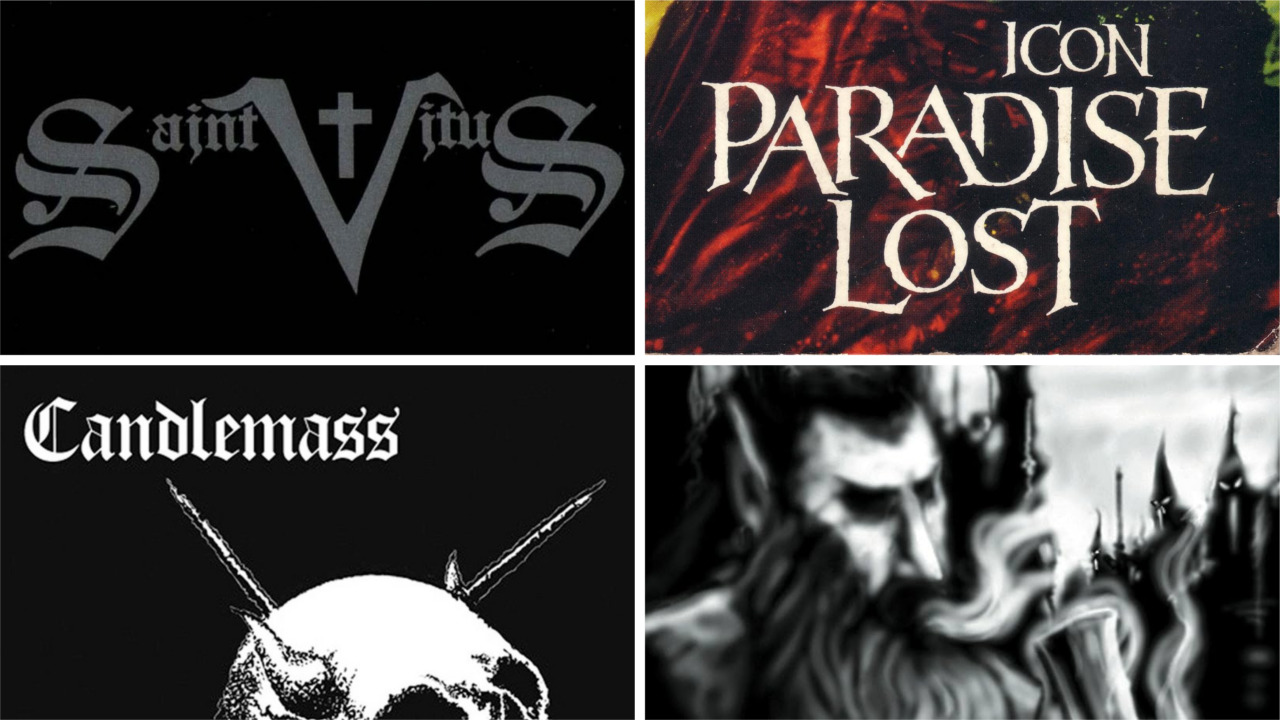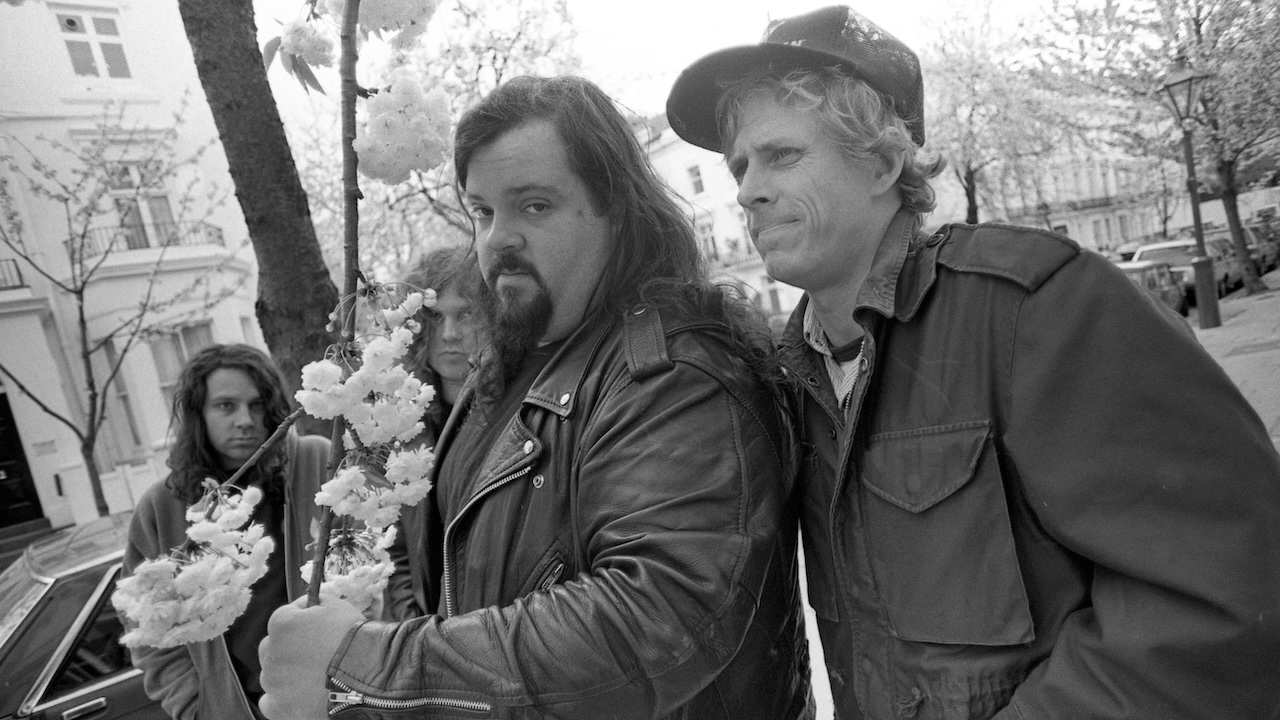A beginner’s guide to doom metal in five essential albums
From Saint Vitus to Paradise Lost, this is the story of metal’s gloomiest genre distilled into just five albums

Anyone who’s ever said the phrase “It’s not all doom and gloom” is not welcome here. For almost as long as heavy music has existed, doom metal has been sulking in the background, never enjoying massive mainstream success but routinely giving fans sullen masterpieces. Its roots trace all the way back to Black Sabbath in the 1960s, before the subgenre truly hit its stride almost 20 years later.
With doom metal having such a rich landscape of dark, horrible things, it can be hard to know where to dive in. Hopefully this will help. Below, Metal Hammer’s listed just five must-hear albums that sum up the history of metal’s saddest style.

Saint Vitus – Saint Vitus (1984)
As the New Wave Of British Heavy Metal gained traction, it inspired an international subsect of bands blending the bombast and pageantry of this fresh sound with the sluggish pace of Sabbath. Trouble, Cirith Ungol and The Obsessed all count among this mini-movement, and Saint Vitus’ self-titled debut is one of its most enduring albums. Casting Scott Reagers’ wailing vocals against the filthy-as-a-quagmire guitar tone of Dave Chandler, it was a bridge between past and present that helped formulate the doom metal code.
Candlemass – Epicus Doomicus Metallicus (1986)
Similar to Metallica and Napalm Death, Candlemass didn’t invent doom metal with their debut album, but they definitely built a measuring stick against which every future genre band would get compared. Epicus Doomicus Metallicus lives up to that Pig Latin title, providing grandeur and gloom in equal measure. There’s also many a sorrowful segue, thanks to those moments of acoustic guitar. From Pallbearer to Fvneral Fvkk, you can still hear new bands inspired by what these Swedes did 35 years ago.
Paradise Lost – Icon (1993)
Most bands go down in history for pioneering one genre. Paradise Lost pioneered two. In the early ’90s, the Northern nihilists co-wrote the parameters for death/doom with the rest of the “Peaceville three” (My Dying Bride and Anathema) by making death metal slow and sad. Then their fourth album announced a new creative vision of sounding like Sisters Of Mercy but heavier. In its downtrodden majesty, Icon was coined “gothic metal”: a tag later co-opted by Evanescence, Him and a host of millennial darlings.
Electric Wizard – Dopethrone (2000)
“Stoner doom” blew up in the 1990s thanks to Sleep and Kyuss, and Electric Wizard were a distinctly British answer to that largely American scene. On their magnum opus Dopethrone, the Dorset heavies dragged “new” doom more in line with the traditional ways of Sabbath. Weed-stenched riffs like the opening of Funeralopolis feel like they came straight from the fretboard of Tony Iommi himself, while Jus Oborn’s vocals sound as distanced and muddied as Ozzy Osbourne’s in his heyday.
Chelsea Wolfe – Hiss Spun (2017)
In the 2010s – thanks to the ingenuity of Pallbearer, Khemmis, Primitive Man and more – doom metal enjoyed a comeback across the United States. All of these revivalists had interesting things to say, but few surprised like Chelsea Wolfe did in 2017. The Californian singer/songwriter isn’t exclusively a metal musician – and that’s what makes the heavy-as-fuck Hiss Spun feel so fresh. It starkly contrasts the fuzziest, gnarliest riffing against her high-pitched goth rock crooning, with the tones being smoothly balanced by producer and Converge guitarist Kurt Ballou.
Sign up below to get the latest from Metal Hammer, plus exclusive special offers, direct to your inbox!

Louder’s resident Gojira obsessive was still at uni when he joined the team in 2017. Since then, Matt’s become a regular in Metal Hammer and Prog, at his happiest when interviewing the most forward-thinking artists heavy music can muster. He’s got bylines in The Guardian, The Telegraph, The Independent, NME and many others, too. When he’s not writing, you’ll probably find him skydiving, scuba diving or coasteering.



